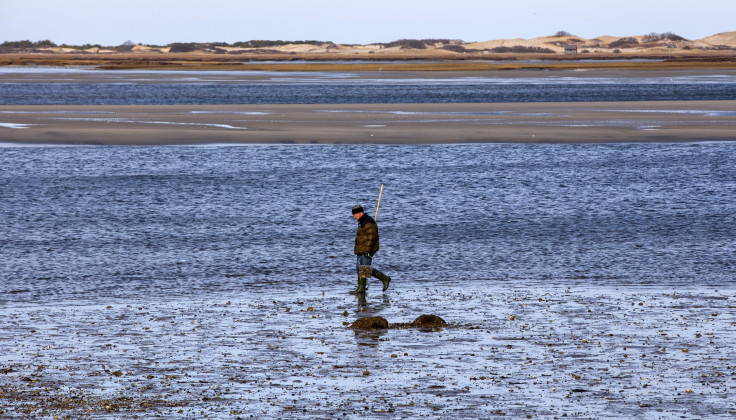Mining Industry Concerned by New Zealand’s Rejection of Proposals on Seabed Mining

The seemingly new wave of eco sensitivity sweeping New Zealand’s policy making has disappointed the mining industry. The recent ones being companies who had big plans for sea bed minings. New Zealand recently rejected a couple of applications for deep sea mining ventures. The companies applied for licence to explore valuable minerals including copper, gold and manganese from the ocean floor.
New Zealand’s Environmental Protection Agency or EPA rejected Chatham Rock Phosphate Limited's application on Feb. 11. The authority argued that mining off the coast of Canterbury would cause "significant and permanent adverse effects" on the location’s seabed, reports Mining magazine.
It was the second mining application to be rejected in less than a year. In June 2014, the EPA refused Trans Tasman Resources' application to mine iron sands off the North Island's west coast, which was to be be the country’s first operation of its kind.
Companies Concern
The latest setback to seabed mining has alarmed companies in resources extraction. Now they are urging New Zealand government to consider changing law to ensure that it does not block economic development.
"To say we are bitterly disappointed is an understatement. We are aghast," said Chatam Rock’s managing director Chris Castle. "The entire government process, and the EPA in particular, seems afraid to say yes to any project that involves any kind of environmental impact and that is simply not good enough if we are to provide a future for our country's young people," Castle added.
It has been pointed out that the stand of New Zealand is in contrast to United Nations’ International Seabed Authority or ISA that is supporting exploration activity. The body has so far issued 26 exploration licences to governments and companies, authorising them to operate in international waters.
Already Namibia and Papua New Guinea have granted licences for seabed mining exploration, while diamond giant De Beers has been using ships for extracting the precious gems at Namibian cost at depths of 1400 metres.
Right Message
Meanwhile, Green advocates are hailing the government’s action of rejecting the mining applications. The NZ Herald reports that the failed applications tell the tale of two possible conclusions. First, the companies could not prove their proposals that they were environmentally and economically acceptable.
Second, the Government underestimated the complexities involved in mining when it is introduced into the marine environment, unlike its nature of being wholly terrestrial commercial activity. It might be that large-scale mining in the marine environment is inappropriate for New Zealand altogether.
The report argues that EPA's Chatham Rise decision states that the environmental effects on a rare and vulnerable ecosystem were a "major concern" and is more precious than the modest economic benefits to New Zealand.
In both applications, the EPA found the economic benefits wanting. The royalties payable would have been minimal for a resource 100 per cent owned by New Zealand. The EPA sent a right signal that New Zealand will not accept high-risk developments that damage the environment and ecosystems while providing relatively little economic benefit.
(For feedback/comments, contact the writer at kalyanaussie@gmail.com)




















